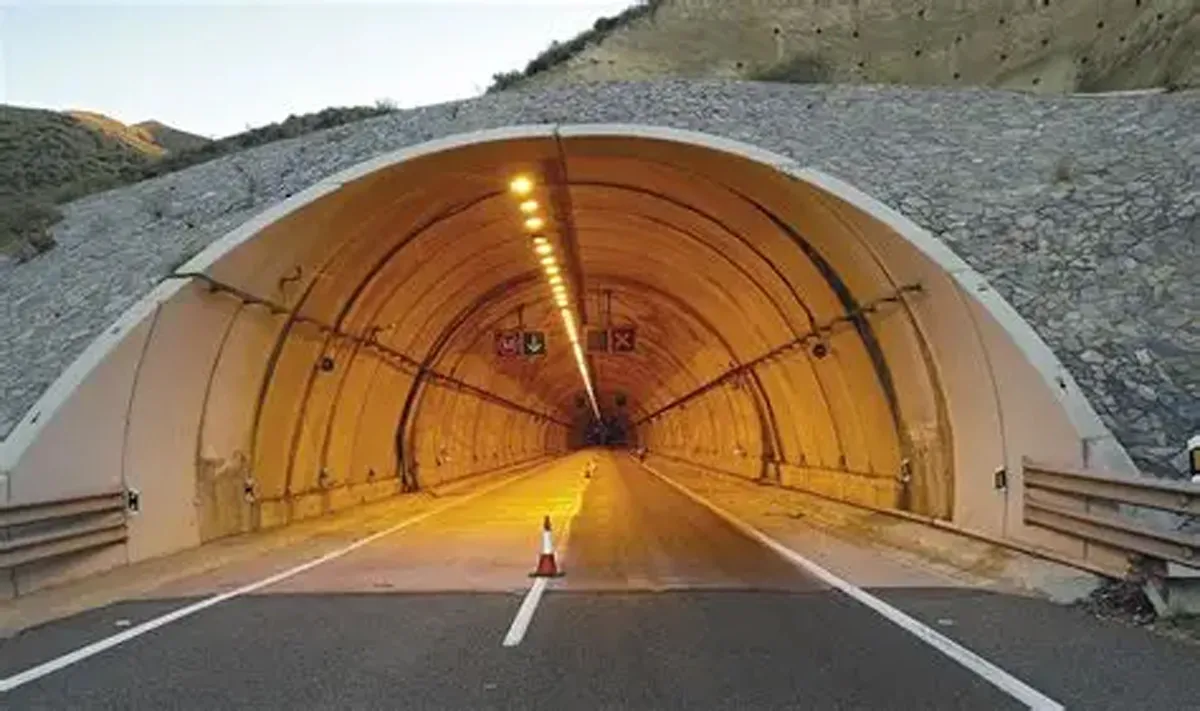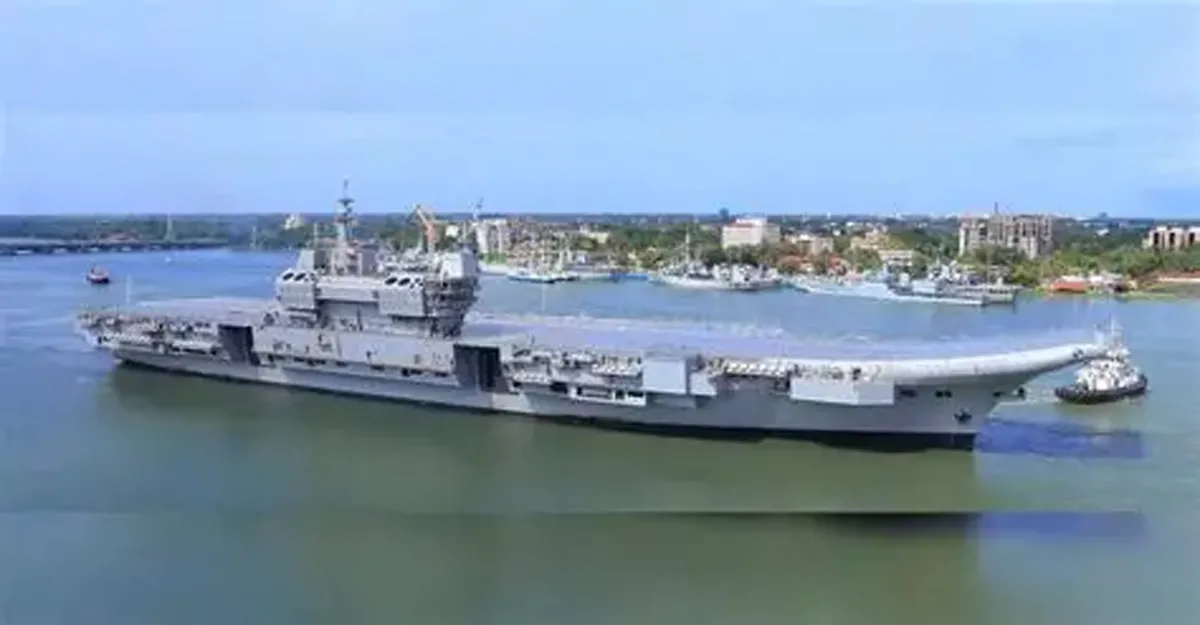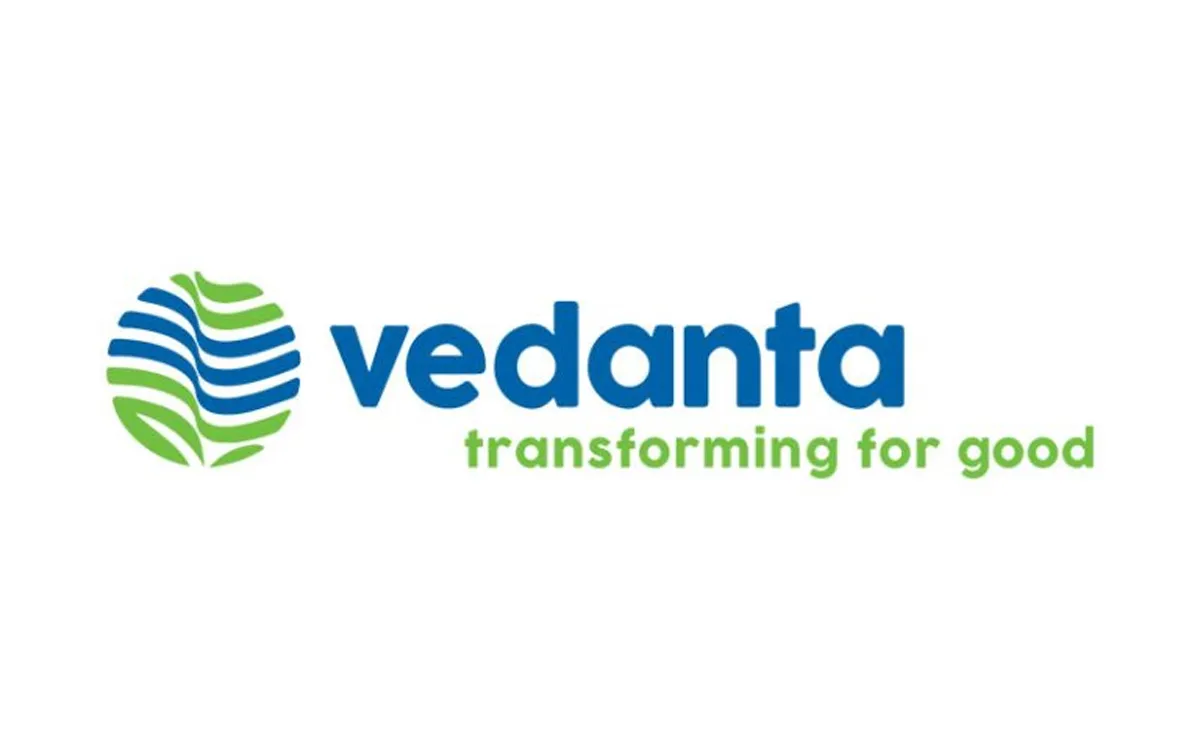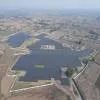
Honeywell looks at new business lines, SMEs for India expansion

Bengaluru Unveils Rs 1,200 Bn Infra Upgrade Plan
Bengaluru is set to receive a massive infrastructure boost worth Rs 1,200 billion under new projects planned by the Karnataka government to enhance urban mobility and connectivity. The initiative includes the expansion of the city’s metro network, construction of tunnel roads, elevated corridors, and 500 km of white-topping works to improve road durability. The Bruhat Bengaluru Mahanagara Palike (BBMP) and Bengaluru Metro Rail Corporation Limited (BMRCL) will jointly execute the projects. Key projects include tunnel roads between Hebbal and Mekhri Circle, 25 new signal-free corridors, and ..

Cochin Shipyard delivers first indigenous ASW vessel ‘Mahe’ to Navy
Cochin Shipyard Limited (CSL) has delivered INS Mahe, the first indigenous Anti-Submarine Warfare Shallow Water Craft (ASW SWC), to the Indian Navy. The vessel is part of an eight-ship series being constructed under the Navy’s “Atmanirbhar Bharat” initiative to strengthen coastal defence capabilities. Designed and built entirely in India, Mahe features advanced sensors and weapon systems for detecting and neutralising underwater threats in coastal waters. The vessel underwent extensive sea trials before delivery, demonstrating high performance and manoeuvrability. This milestone reinfo..

Vedanta Group to invest Rs 1,000 billion more in Odisha projects
Vedanta Group has announced an additional investment of Rs 1,000 billion in Odisha to expand its operations across metals, energy, and downstream industries. Anil Agarwal, Chairman, made the announcement during the third edition of the Make in Odisha conclave, highlighting the state’s pivotal role in India’s industrial growth.The investment will focus on strengthening Vedanta’s aluminium and copper businesses, establishing new value-added facilities, and boosting employment in the region. The company already operates large-scale plants in Jharsuguda and Lanjigarh, contributing significan..
















